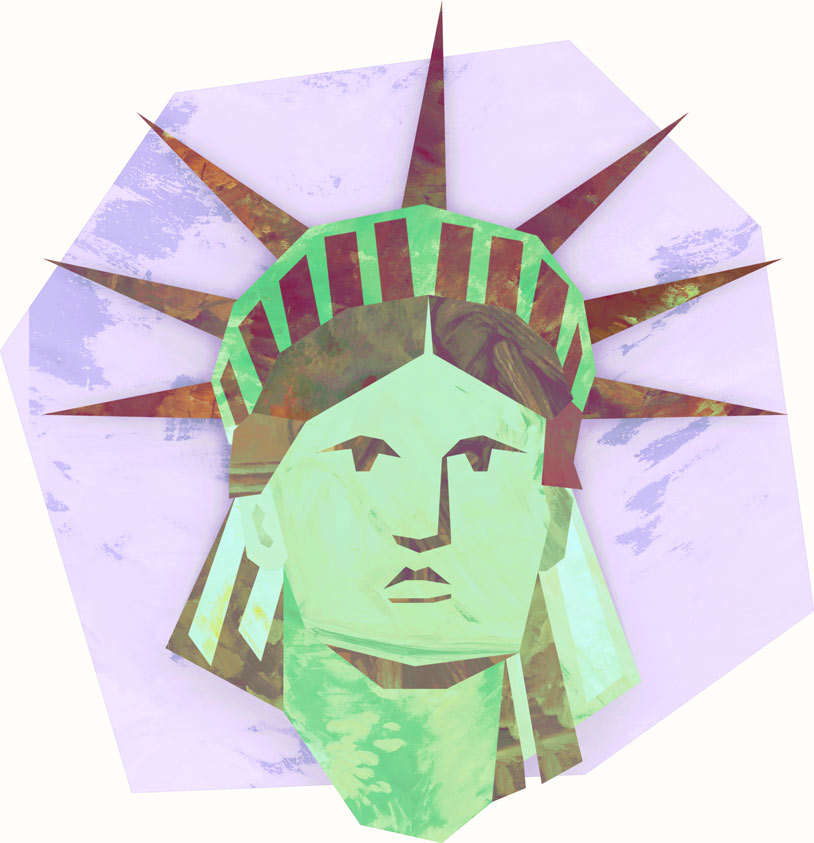This timeline addresses milestones in immigration and government policies.
Immigration
America is a nation of immigrants. As they arrived in waves, they shaped the nation’s identity, built its economy and embodied its ideals of freedom. The country relied on immigrants to help it grow, yet conflicts inevitably arose. Fear and suspicion of foreigners, competition for jobs, and the potential burden of refugees on society led to quotas or outright bans on immigrants. Recent debate over illegal immigrants has revived the old arguments about newcomers’ place in America.
27 resources available
